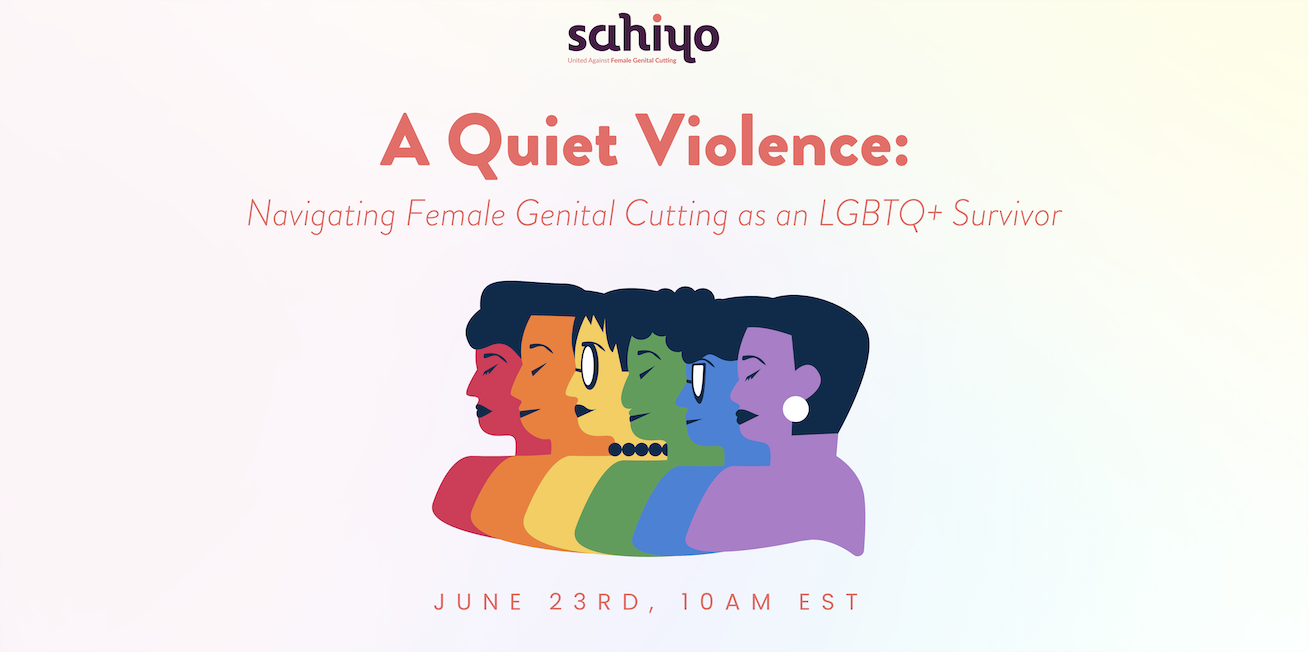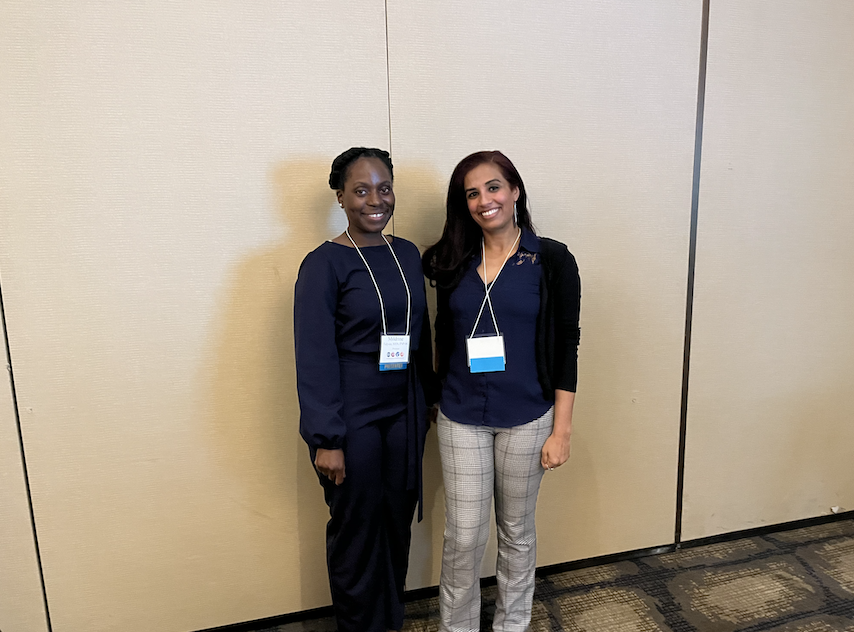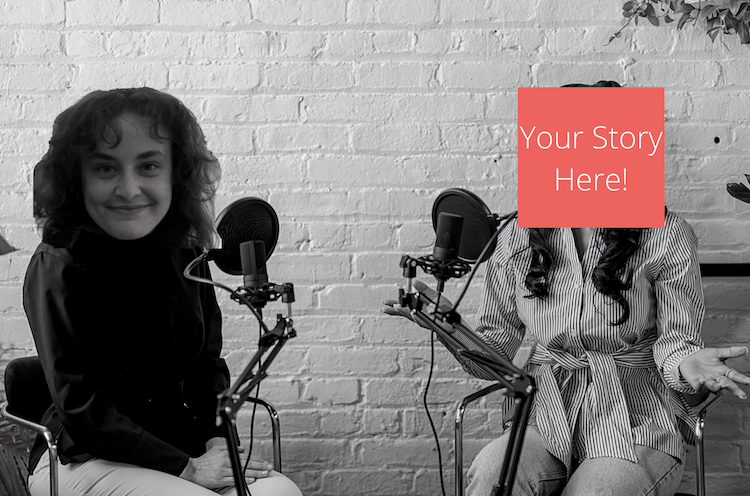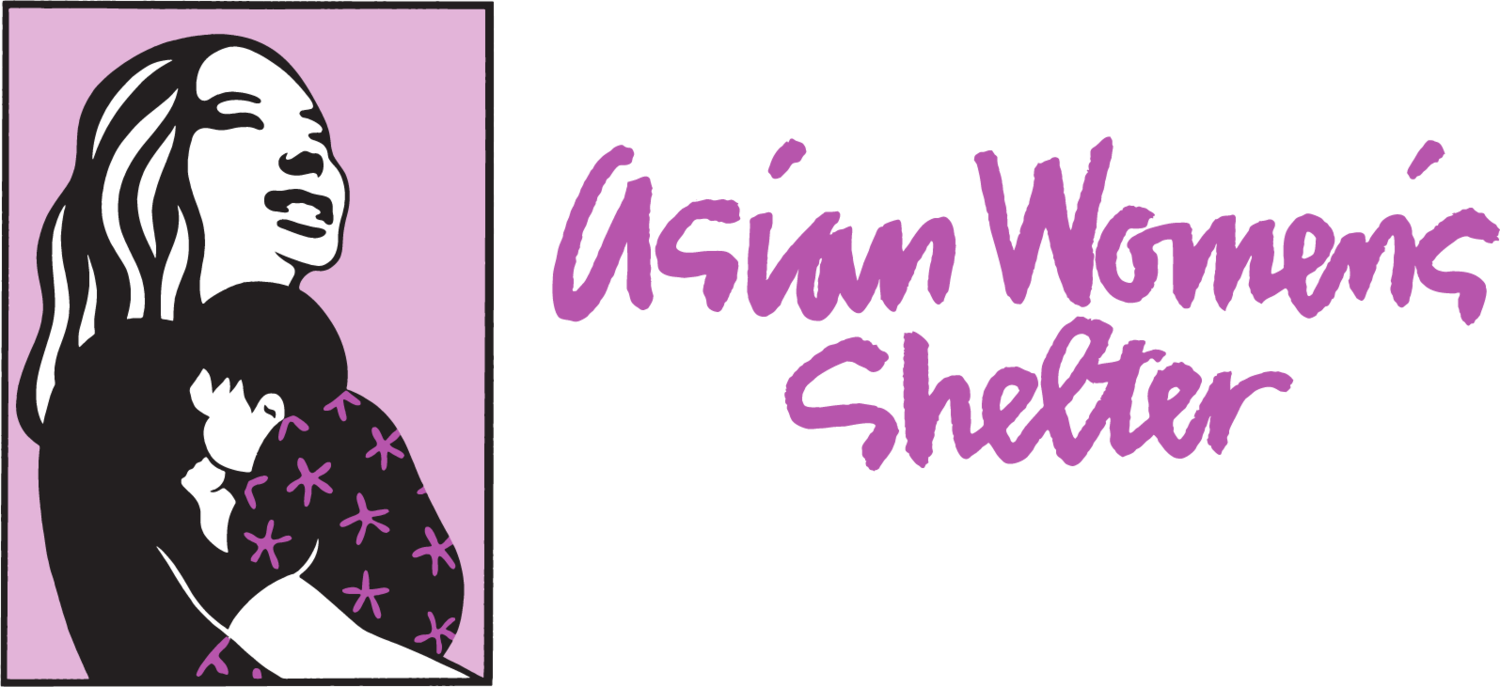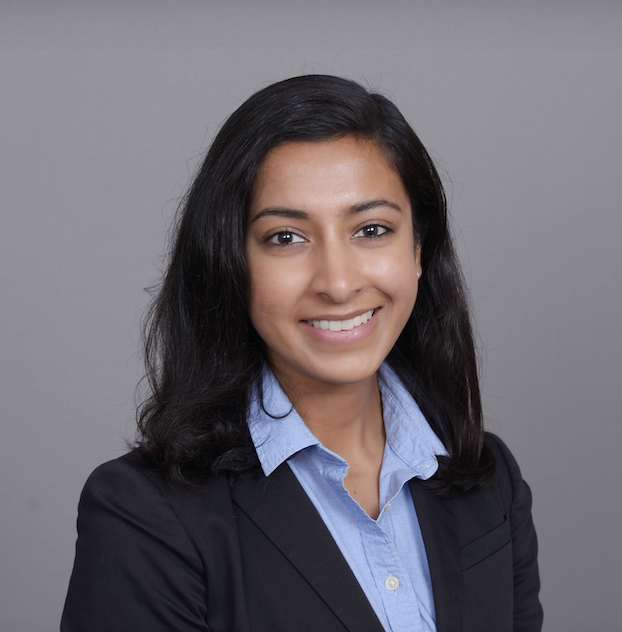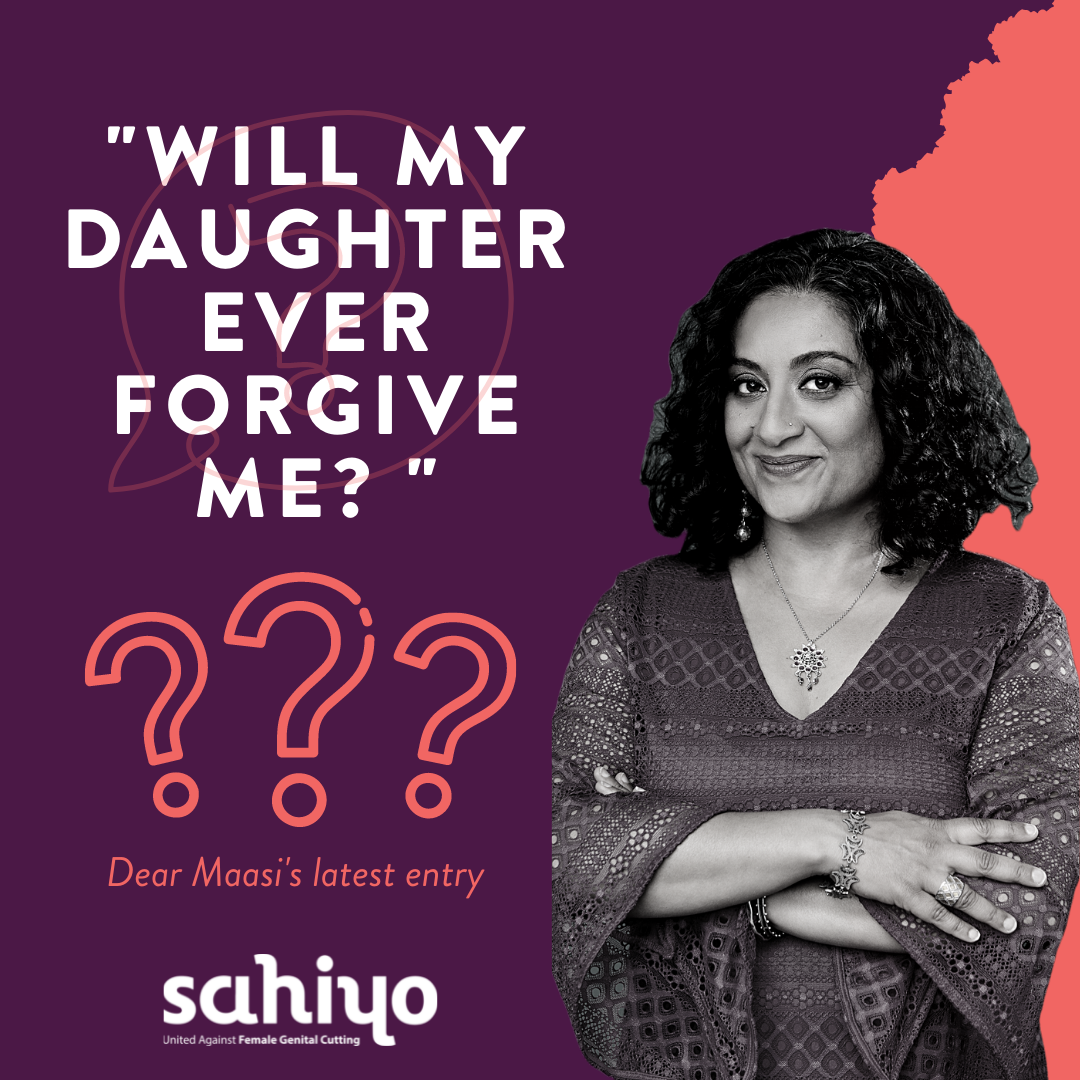Register Today: https://bit.ly/AQuietViolence
Female genital cutting (FGC) is a form of gender-based violence that is often undermined by harmful gendered social norms. Whether done for marriageability, cleanliness, purity, or a variety of other reasons – the practice of FGC is often tied to socially ascribed standards of ‘womanhood’.
Despite being seeped in highly binary gender norms, not all who are survivors of FGC identify with cis-heterosexual womanhood; not every survivor is a woman. As non-binary anti-FGC activist Dena Igusti said in an article for Womanly, “The quiet violence of FGM is that survivors forever bear the burden of being associated only with cis-womanhood.” In fact,the language surrounding anti-FGC advocacy and programing often centers on the needs, experiences, and terminology most associated with cisgender and heterosexual women. Furthermore, anti-FGC laws in the United States are increasingly being weaponized against trans communities to deny them gender-affirming healthcare.
As growing conversations around the world have sought to address the unique needs of Lesbian, Gay, Bisexual, Transgender, and Queer (LGBTQ+) communities, the question remains as to how to meet the needs of LGBTQ+ survivors of FGC. On June 23rd, 2022 at 10 am EST, Sahiyo will be hosting,“A Quiet Violence: Navigating Female Genital Cutting as an LGBTQ+ Survivor” in honor of Pride month. This webinar will bring together LGBTQ+ identifying survivors of FGC and other LGBTQ+ activists to discuss their experiences navigating FGC alongside their gender identity and sexuality – as well as thoughts on how anti-FGC advocacy organizations can become better at meeting the needs of LGBTQ+ survivors.
The goal of this panel is to center and uplift the voices of LGBTQ+ FGC survivors whose identities and needs are too often pushed to the margin of conversations on FGC. This webinar will also seek to explore how anti-FGC bills across the world are being co-opted to deny trans and gender-nonconforming individuals their right to healthcare. For this event, we will be joined by three advocates who have an intimate knowledge of the topic and the challenges that we seek to address; Dena Igusti, Afiqa, and Dr. Marci Bowers.
Dena Igusti (they/them) is a queer non-binary Indonesian Muslim poet, playwright, filmmaker, producer, and FGC survivor & activist born and raised in Queens, New York. They are the author of CUT WOMAN (Game Over Books, 2020) and I NEED THIS TO NOT SWALLOW ME ALIVE (Gingerbug Press, 2021). They are the founder of Dearest Mearest. Their work has been featured in BOAAT Press, Peregrine Journal, and several other publications. Their work has been produced and performed at The Brooklyn Museum, The Apollo Theater, the 2018 Teen Vogue Summit, Players Theatre (SHARUM, 2019), Prelude Festival (Cut Woman, 2020), Center At West Park (CON DOUGH, 2021), The Tank (First Sight 2021 at LimeFest), and several other venues internationally. They are a Culture Push Associated Artist. They are currently a 2021 Playwright-in-Residence for Rogue Theater Festival. They are a 2022 Sundress Arts Resident, 2022 Best of the Net Nominee, 2021 Baldwin For The Arts Resident, 2021 Hook Arts Media Digital Connections Fellow, 2021 City Artist Corps, 2021 Stories Award Finalist, 2021 LMCC Governor’s Island Resident, 2021 Broadway For Racial Justice Inaugural Casting Directive Fellow, 2020 Seventh Wave Editorial Resident, 2020 Ars Nova Emerging Leaders Fellow, 2020 Spotify Sound Up cohort member, 2019 Player’s Theatre Resident Playwright, and 2018 NYC Youth Poet Laureate Ambassador. They are a Converse All Stars Artist and UN #TOGETHERBAND Global Ambassador.
Afiqa (she/they) is a Malay Muslim gender-nonconforming survivor of FGC in Singapore. They volunteer with End FGC Singapore, a community-led campaign aiming to empower Muslim communities in Singapore to make FGC obsolete through community re-education and community-based support. They participated in Sahiyo's 2022 Voices to End FGM/C workshop.
Dr. Bowers (she/her) is a pelvic and gynecologic surgeon with more than 32 years of’ experience. She is a University of Minnesota Medical School graduate, where she was class and student body president. After residency in Obstetrics and Gynecology at the University of Washington, she practiced in Seattle at the Polyclinic and Swedish Medical Center. Dr. Bowers left Seattle in 2003 to apprentice with the legendary Dr. Stanley Biber, considered the “Father of Transgender Surgery.” In 2010, Marci relocated to the San Francisco Bay Area community of Burlingame, CA. She has now performed more than 2,250 primary MTF Vaginoplasties and 3,900 Gender Affirming Surgeries overall. In 2014, Dr. Bowers was hired to renew transgender surgery at Sheba Hospital in Tel Aviv, Israel. Subsequently, she initiated trans surgical education programs at Mt. Sinai (New York/2016), Denver Health (2018), the University of Toronto Women’s College Hospital (2019), Northwell Health (2020), and Children’s Hospital Los Angeles (2020). The Mt. Sinai Transgender Surgical Fellowship is the first of its’ kind. Dr. Bowers performed WPATH’s first 2 “live surgery” vaginoplasties at Mt. Sinai in 2018 and 2019. Dr. Bowers is the WPATH President-elect and currently serves on the Trevor Project Board of Directors having served previous terms with GLAAD and the Transgender Law Center. Her gender diverse work has been highlighted by appearances on Oprah, CBS Sunday Morning, Discovery Health and the TLC reality series, “I am Jazz”. She was interviewed in 2021 by Leslie Stahl for the CBS News program 60 Minutes. Dr. Bowers is recognized as one of the 100 most influential LGBT people on the Guardian’s World Pride Power List and one of Huffington Post’s 50 Transgender Icons, was called the Transgender Surgery Rock Star (Denver Post), the Georgia O’keefe of Genitalia (unknown) and the Beyonce of Bottom Surgery (KPFK-FM North Hollywood).

